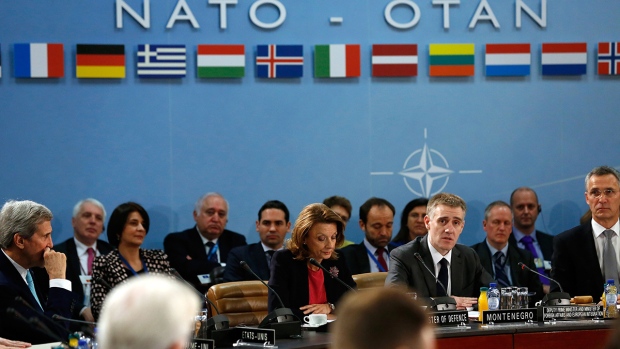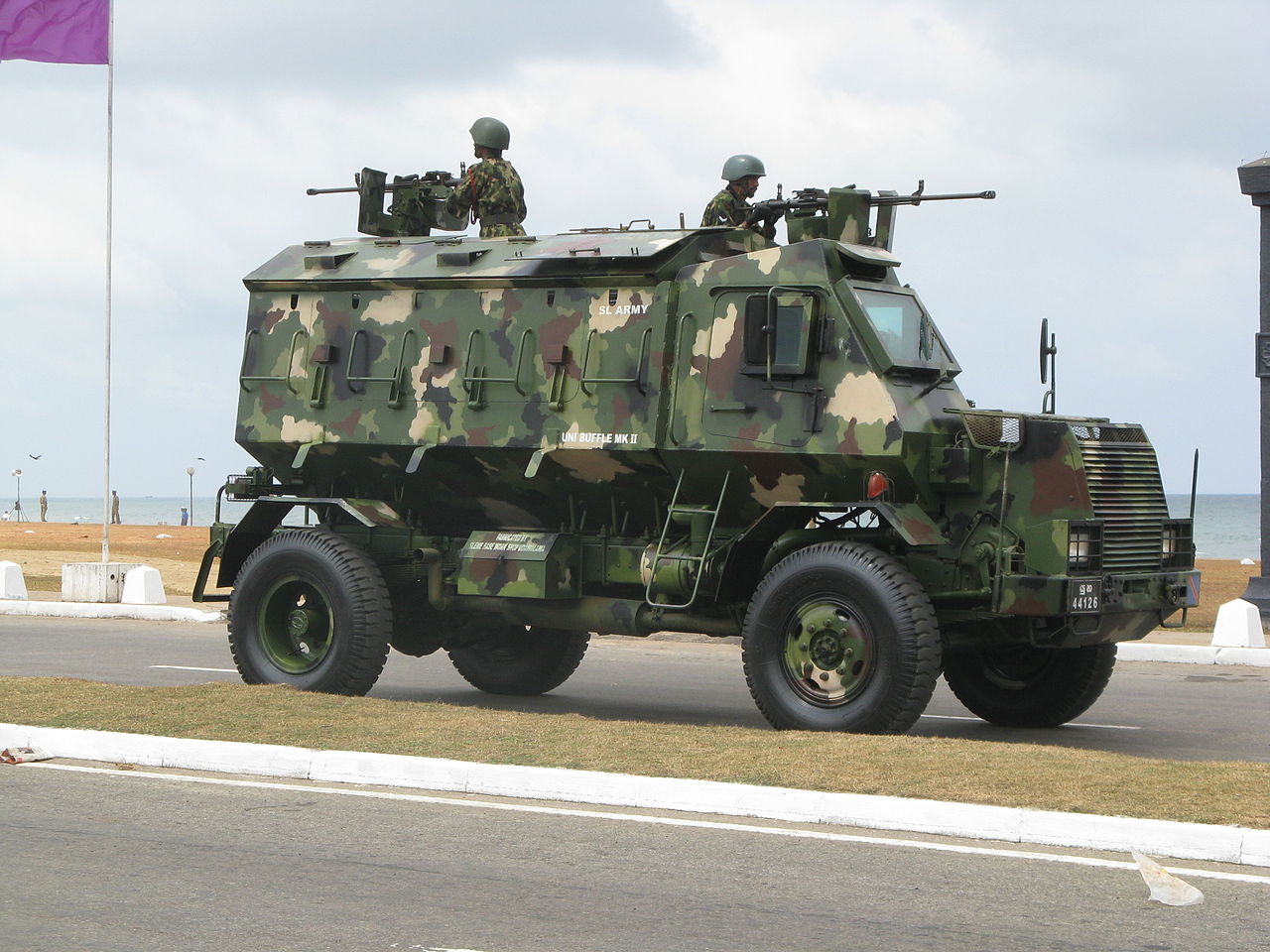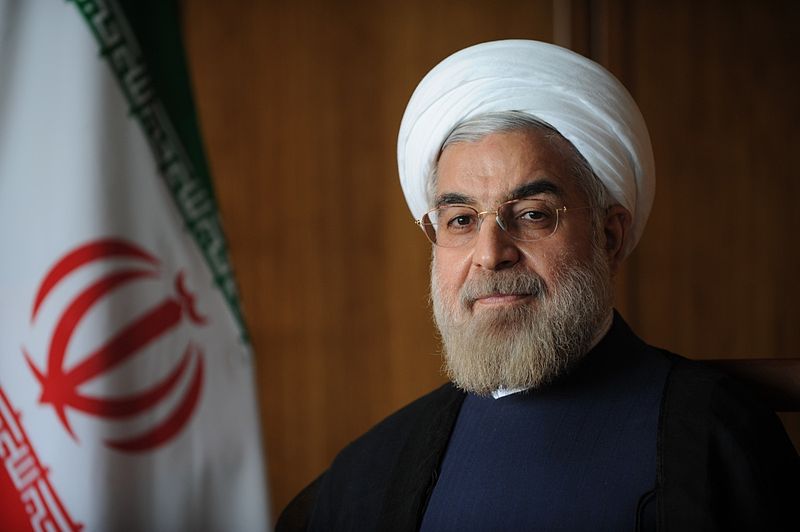
Samantha Lewthwaite, aged 30 and raised an Irish Catholic, led an inconspicuous life in the pastoral haven of Buckinghamshire, England with her husband Germaine Lindsay, and their four children. The daughter of a British army veteran who dedicated his life to fighting IRA extremists in Northern Ireland, Lewthwaite is suspected of being the mastermind behind the four-day gun and bomb attack on the Westgate Shopping Mall in Nairobi, Kenya, which led to the deaths of an estimated 67 people and scores of other casualties. Lewthwaite is, to this day, on the run from Interpol and Scotland Yard, and is wanted for questioning in over 200 countries. She has recently been reported to be fighting in Syria for The Islamic State where she is suspected of training a female suicide bomber squad.

Lewthwaite converted to Islam at the age of 17, and has been identified as one of Al Qaeda’s main recruiters in East Africa, according to sources in the Al-Qaeda affiliated Somali terror group Al Shabaab. Known colloquially as the “Black Widow”, Lewthwaite’s association with Islamist Jihad can be traced back to the attacks on the London Underground in 2005, when her husband and three other Jihadists blew themselves up, along with 26 transit passengers, in what was infamously dubbed as the 7/7 attacks. Like the notorious Chechen Black Widows who emerged from the Second Chechen War, and the female suicide bombers of the Second Gulf War and the Second Intifada, Lewthwaite’s decision to wage Islamic Jihad, or armed struggle ‘for the cause’, is both fascinating and deeply disturbing.
While the Lebanese terrorist group Hezbollah has been using female suicide bombers since the 1980s to guard Lebanon against encroachment from the Israeli state, female martyrdom remains a fairly alien concept to Islamic jihad. According to Mia Bloom “between 1985 and 2006, there have [only] been… 220 women suicide bombers, representing about 15 per cent of the total”. This is due to the deep contradictions female jihad presents to the movement. Dorit Naaman of Queen’s University states that Islamism generally adopts a misogynistic fundamentalist interpretation of Islam that constructs female identity as inherently non-violent and espouses that women’s place is in the home. Female martyrdom, thereby, forces a re-evaluation of the nature and role of women in Islam from that of submissive and passive, to possessing the potential for assertion and even aggression.
According to the writings of Slovenian philosopher Slavoj Zizek, female suicide attacks serve to act as violent activity on the non-violent symbolic order of Islam. Zizek would claim that fundamentalism is a response to the loss of the symbolic balance of Islam as a result of it being confronted with western Modernity. The contradictions of female jihad cannot, therefore, be overcome without a re-evaluation of the doctrines of Islam. This must begin with the values we assign to female Islamist martyrs.
The most dangerous choice western media can make is to sympathize with female martyrs. According to Anne-Marie McManus “Sympathetic female terrorists…occupy a strange border zone between normativity and abjection”. Adopting sentimental terror narratives when describing female jihadists, or by describing them in gender-laden terms such as the “brides of Islam”, or brides of their nation, serves to recognize female Jihad as symbolically legitimate to Islam. We must, instead, strive to understand what drives women to pursue jihad outside of the discourse of coercion, by recognizing the choice to pursue jihad as a sovereign and political choice, thereby distancing ourselves from the Islamic symbolic order.
Bloom believes that outside of a purely religious commitment, women may pursue Islamic Jihad “to avenge a personal loss, to redeem the family name, to escape a life of sheltered monotony and achieve fame, or to equalize the patriarchal societies in which they live”. The inclusion of women in the Jihadi movement serves to increase the potentiality of legitimacy of the movement by mobilizing the fear of what Jacques Lacan would describe as ‘symbolic male castration’ in his famous 11th Book of Seminars titled The Four Fundamental Concepts of Psychoanalysis. Propaganda mobilized by Chechen Islamists in 2003 read, for example, “women’s courage is a disgrace to that of modern men”, in effect signalling to the wider male population that ‘if our mothers, wives, and sisters are willing to risk their lives for the cause, why aren’t you?’. As Bloom adds, the participation of women in the Second Intifada had global reverberations, including an increase in recruitment of female suicide bombers by al-Qaeda affiliated terror cells in Pakistan.
According to Chris Coulter, “By becoming a perpetrator, one perhaps also feels that one escapes being a victim, and perhaps the only way to gain even the least bit of control over one’s own life in this milieu was to take up a weapon and assume the role of a killer”. In a religious community where women often-times must submit to the rule of their fathers or husbands, Jihad offers women the opportunity to express themselves politically and violently, where oftentimes this is not sanctioned.
Contrary to the promise of female empowerment through Jihad, female participation has not led to increased women’s rights or the recognition of a woman’s right to exist on her own terms. Instead, the prevalence of female Islamist Jihad signals to the wider Muslim female community that women “are more valuable to their societies dead than they ever could have been alive”.
Canada should be concerned about the rise of female Islamist Jihad and its potential to increase the legitimacy of the Jihadi movement in the Middle East. Since the rise in female jihad stems from the desire for self-empowerment, political recognition, and gender equality, it is necessary for the Canadian state to support the education and employment of women and girls in the Middle East, by continuing its support of Non-Governmental organizations like the Aga Khan Development Network, which has displayed a proven interest in social development in the region.




